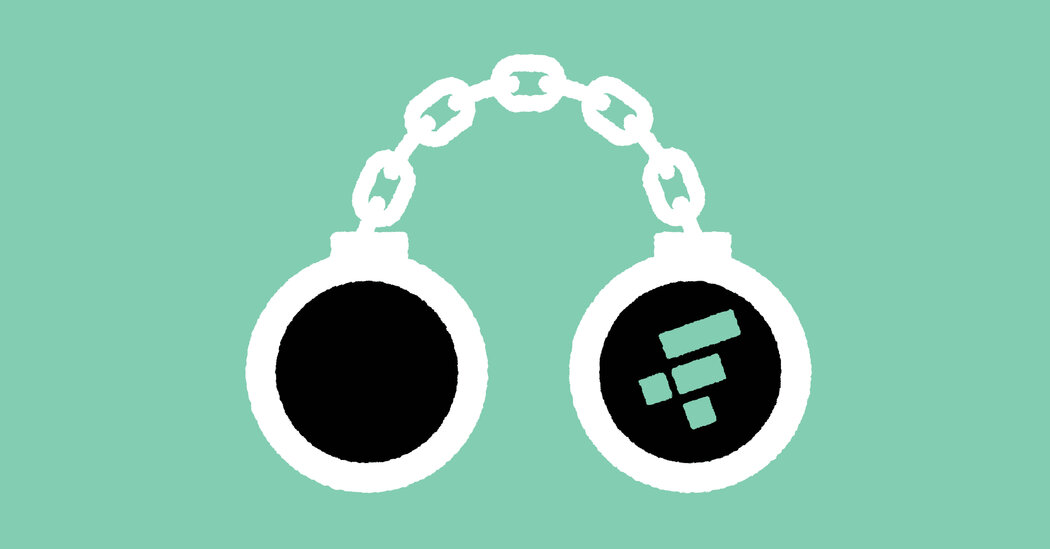How are you? (December 11-17)
Criminal charges for Sam Bankman-Fried
Sam Bankman-Fried, the founder of failed cryptocurrency exchange FTX, was expected to appear before the House Committee on Financial Services last Tuesday — one of several attempts to investigate the exchange’s collapse. But the day before, he was arrested in the Bahamas after US prosecutors filed criminal charges. He faces eight charges, including several charges of fraud and conspiracy to defraud the United States and violate campaign finance laws. Separately, the Securities and Exchange Commission filed civil charges, accusing Mr. Bankman-Fried of misleading investors who, among other things, pledged about $2 billion in FTX. It wasn’t that long ago that the chatty crypto tycoon discussed his role in FTX’s demise with reporters from The New York Times and elsewhere.
Musk and Twitter
It started with private jets. Last week, Elon Musk suspended 25 accounts on Twitter intended to target the planes of government agencies, billionaires and other prominent figures, including Mr. Musk, keep an eye out. (His flights were tracked by the @ElonJet account using public records.) Shortly after completing his purchase of Twitter in October, Mr. Musk that he would allow the account to remain on the platform, perpetuating this move as the apotheosis of free speech. . But on Wednesday, Mr. Musk not only @ElonJet, but also two dozen similar accounts. Shortly thereafter, he suspended the accounts of half a dozen journalists who wrote about the suspension of private jet trackers or who had written critically of Mr. Musk. But early Saturday he said he was recovering the accounts of several journalists.
Inflation is declining, but the Fed is holding up
Inflation data for November brought good news to policymakers at the Federal Reserve, but it was not enough to change the central bank’s plans to continue its campaign to raise interest rates. The consumer price index fell to 7.1 percent last month, from 7.7 in October and a far cry from its most recent peak of 9.1 percent in June. Nevertheless, the day after releasing that data, the Fed made it clear that it intended to continue its campaign to cool an overheated economy. While officials slowed the pace of rate hikes — raising rates by half a percentage point instead of three-quarters, the size of the last four consecutive hikes — they signaled that rates would continue to rise in the new year. The Fed still plans to meet its target of 2 percent inflation, and central bank chairman Jerome H. Powell said the plan “probably included high rates, probably held longer.”
What’s next? (December 18-24)
Holiday joy, heavily discounted
Inflation may be starting to moderate, but the inflationary mindset persists. For holiday shoppers, that could mean continuing to be more conscious about their spending, as recent November retail sales data seemed to predict. U.S. retail sales fell 0.6 percent from October, even with the Thanksgiving rush, when nearly 200 million Americans shopped over a five-day period including Thanksgiving Day, Black Friday and Cyber Monday. Some analysts suggested that customers may now be spending more on travel, entertainment and other personal experiences and less on traditionally popular gift categories such as apparel and sporting goods. For example, some presents under the tree can be replaced with gift cards or event tickets. And many consumers will likely continue to look for big discounts when shopping for their loved ones as their budgets are tighter than they have been in recent years.

